Date, Time, and Calendar for 2025: A Comprehensive Overview
Related Articles: Date, Time, and Calendar for 2025: A Comprehensive Overview
- Cliff Richard Calendar 2025 Official: A Timeless Celebration Of The Legendary Musician
- 2025 Sri Lankan Calendar With Holidays
- Oregon State University Academic Calendar 2025-2026
- District 203 Calendar 2025: A Comprehensive Guide
- VA Paid Calendar 2025: A Comprehensive Guide
Introduction
With enthusiasm, let’s navigate through the intriguing topic related to Date, Time, and Calendar for 2025: A Comprehensive Overview. Let’s weave interesting information and offer fresh perspectives to the readers.
Table of Content
Video about Date, Time, and Calendar for 2025: A Comprehensive Overview
Date, Time, and Calendar for 2025: A Comprehensive Overview

Introduction
The year 2025 marks a significant milestone in the Gregorian calendar, as it is the first year to begin on a Wednesday since 2017. This article will provide a comprehensive overview of the dates, times, and calendar events for 2025, including notable holidays, religious observances, and astronomical phenomena.
Calendar
The Gregorian calendar is a solar calendar that has been widely adopted around the world. It consists of 12 months, each with a varying number of days:
- January: 31 days
- February: 28 days (29 days in leap years)
- March: 31 days
- April: 30 days
- May: 31 days
- June: 30 days
- July: 31 days
- August: 31 days
- September: 30 days
- October: 31 days
- November: 30 days
- December: 31 days
Public Holidays
The following public holidays are observed in the United States in 2025:
- New Year’s Day: Thursday, January 1
- Martin Luther King Jr. Day: Monday, January 20
- Presidents’ Day: Monday, February 17
- Memorial Day: Monday, May 26
- Independence Day: Friday, July 4
- Labor Day: Monday, September 1
- Columbus Day: Monday, October 13
- Veterans Day: Tuesday, November 11
- Thanksgiving Day: Thursday, November 27
- Christmas Day: Thursday, December 25
Religious Observances
Major religious observances in 2025 include:
-
Christianity:
- Ash Wednesday: February 12
- Good Friday: April 11
- Easter Sunday: April 13
- Pentecost: June 8
- Christmas: December 25
-
Judaism:
- Passover: April 5-11
- Yom Kippur: September 29-30
-
Islam:
- Ramadan: March 22 – April 21
- Eid al-Fitr: April 22-23
- Eid al-Adha: July 9-12
-
Hinduism:
- Holi: March 8-9
- Diwali: November 13-14
-
Buddhism:
- Vesak: May 16
Astronomical Phenomena
Notable astronomical phenomena in 2025 include:
- Solar Eclipse: A total solar eclipse will be visible in parts of Europe, Africa, and Asia on March 29.
- Lunar Eclipse: A total lunar eclipse will be visible in parts of North and South America on September 28.
- Meteor Showers: The Perseid meteor shower will peak on August 12, while the Geminid meteor shower will peak on December 13.
- Summer Solstice: The summer solstice, the longest day of the year in the Northern Hemisphere, will occur on June 21.
- Winter Solstice: The winter solstice, the shortest day of the year in the Northern Hemisphere, will occur on December 22.
Time Zones
The world is divided into 24 time zones, each representing a one-hour difference in time. The following are the major time zones:
- Coordinated Universal Time (UTC): The prime meridian, which passes through Greenwich, England.
- Eastern Standard Time (EST): UTC-5
- Central Standard Time (CST): UTC-6
- Mountain Standard Time (MST): UTC-7
- Pacific Standard Time (PST): UTC-8
Daylight Saving Time
Daylight saving time (DST) is a practice of advancing clocks during the summer months to make better use of daylight. In the United States, DST begins on the second Sunday of March and ends on the first Sunday of November.
Conclusion
The year 2025 presents a diverse array of dates, times, and calendar events. From public holidays and religious observances to astronomical phenomena and time zone variations, this comprehensive overview provides a valuable resource for planning and scheduling throughout the year.
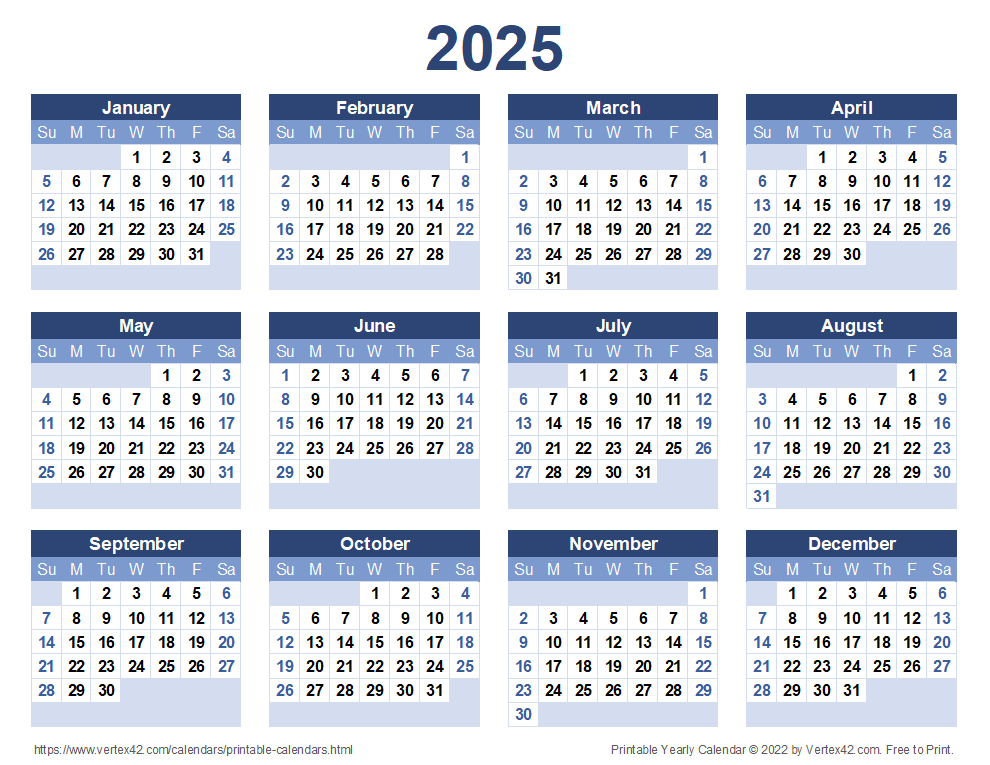
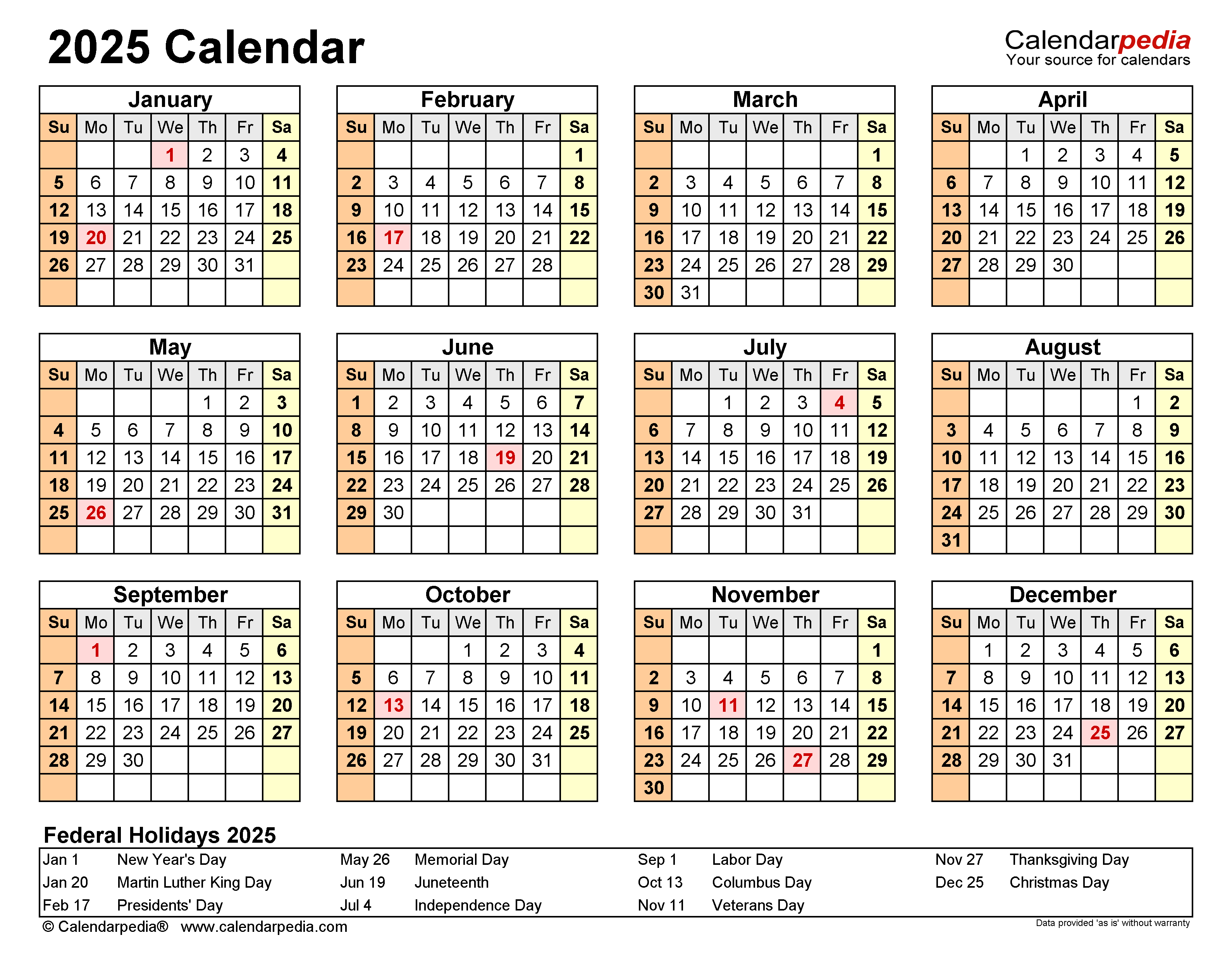
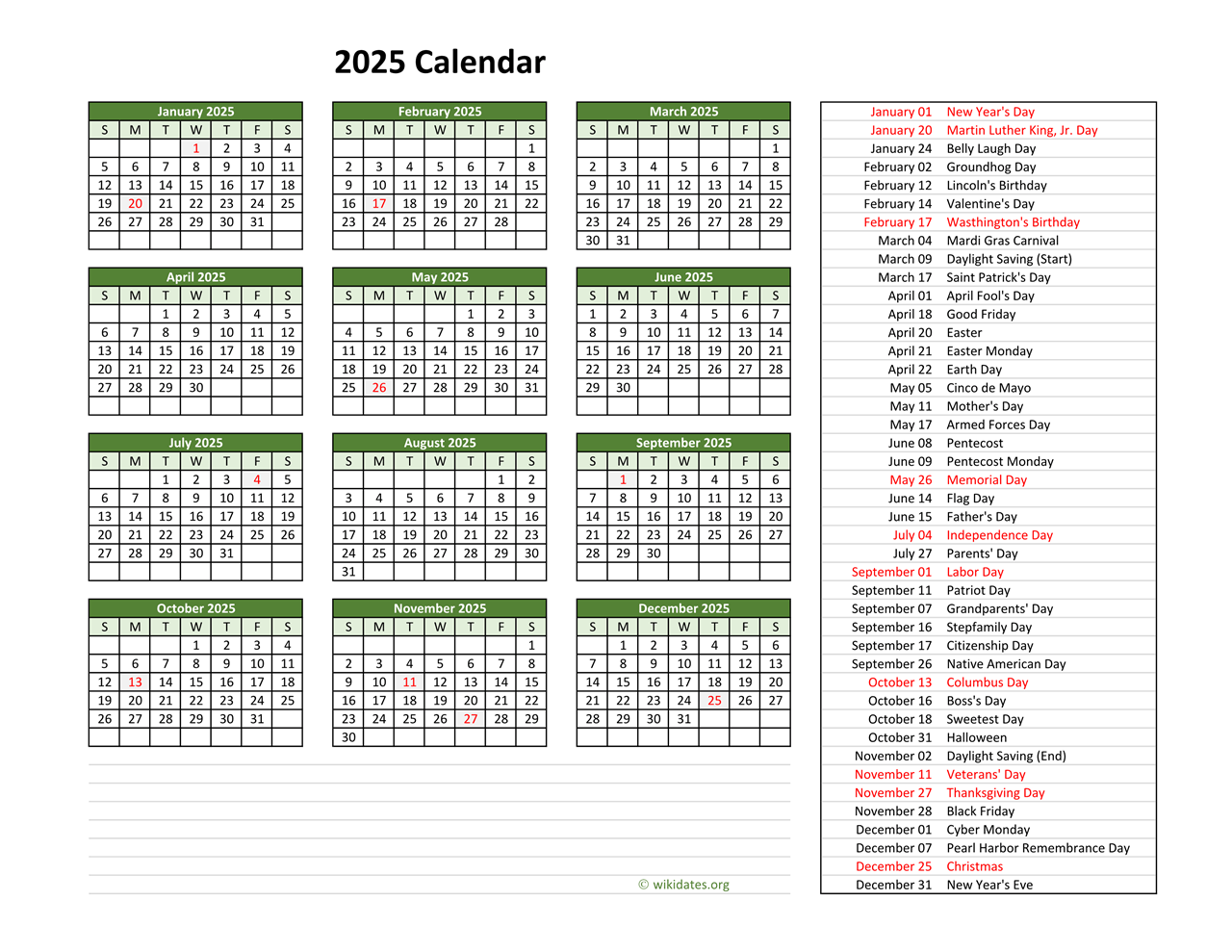

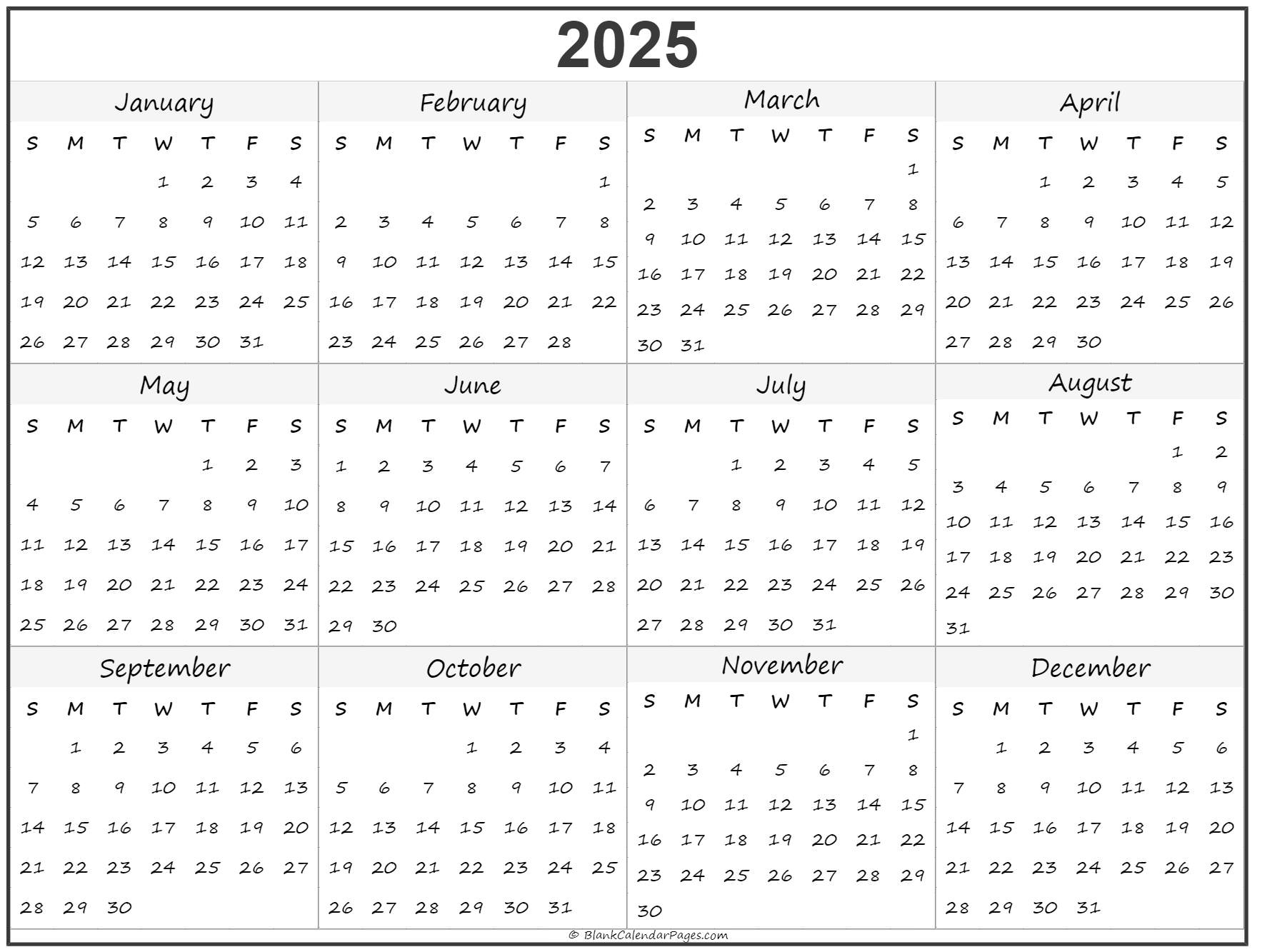
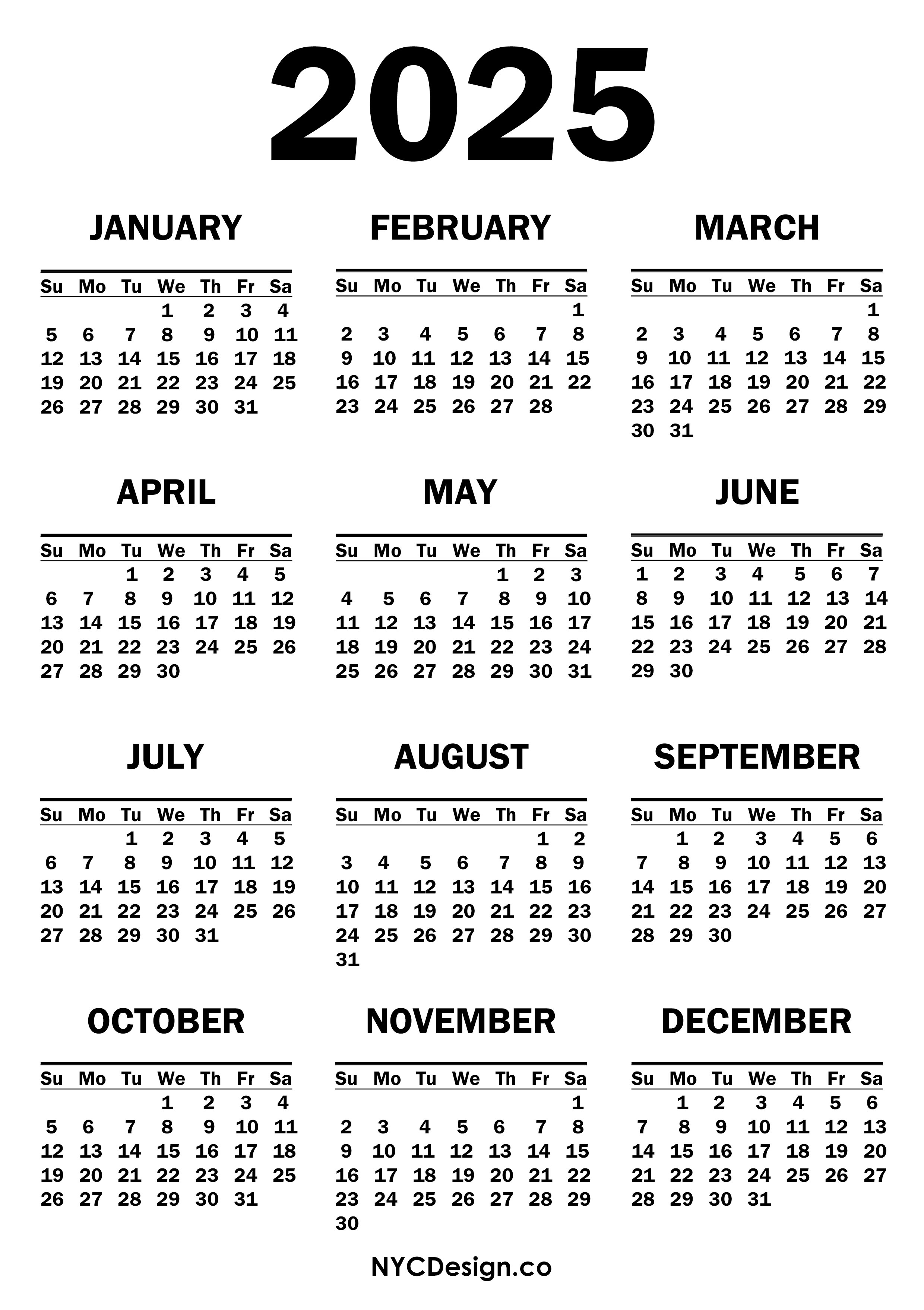
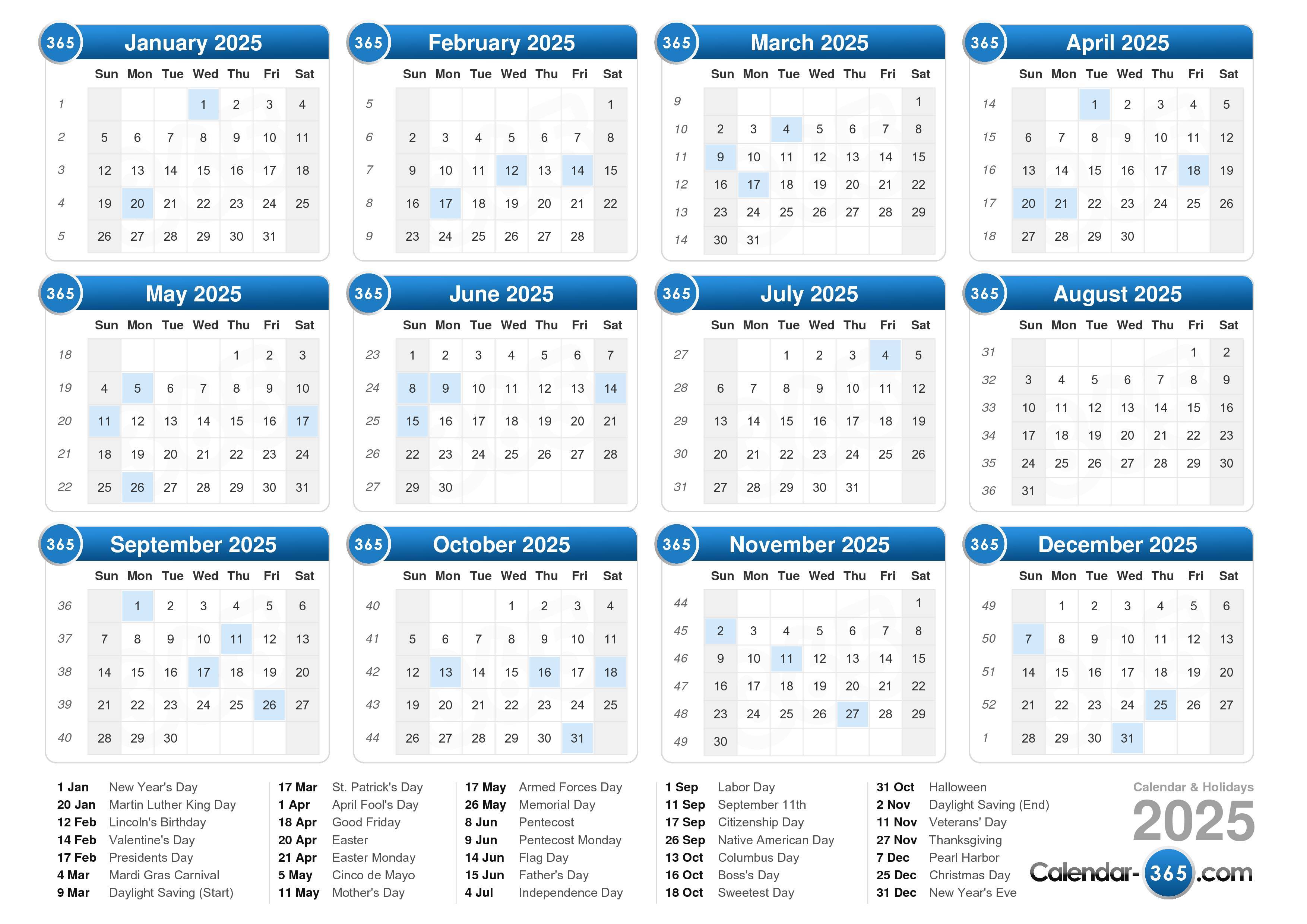

Closure
Thus, we hope this article has provided valuable insights into Date, Time, and Calendar for 2025: A Comprehensive Overview. We thank you for taking the time to read this article. See you in our next article!